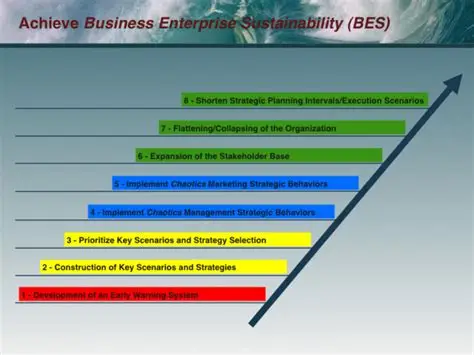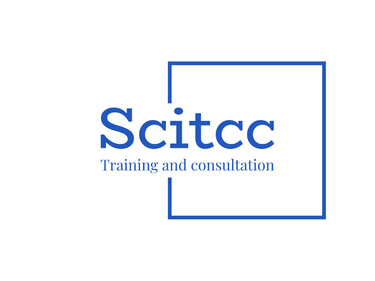
Achieving Business Sustainability through the Use of Enterprise Systems
Leveraging ERP, CRM, and Digital Platforms for Sustainable Business Growth
$5500.00
Achieving Business Sustainability through the Use of Enterprise Systems
Subtitle: Leveraging ERP, CRM, and Digital Platforms for Sustainable Business Growth
Introduction:
In the face of evolving global challenges—environmental, economic, and social—organizations are increasingly turning to enterprise systems to drive sustainability. This course explores how systems such as ERP (Enterprise Resource Planning), CRM (Customer Relationship Management), SCM (Supply Chain Management), and others can be used to embed sustainability into the fabric of business operations, enabling improved efficiency, transparency, and long-term value creation.
Course Objectives:
By the end of this course, participants will be able to:
Understand the strategic importance of business sustainability.
Identify how enterprise systems contribute to sustainable business models.
Assess the role of ERP, CRM, and SCM systems in resource optimization.
Design frameworks to measure sustainability performance using digital tools.
Apply sustainability-driven use cases across industries.
Target Audience:
Business and IT managers
Sustainability officers and compliance managers
ERP/CRM consultants and analysts
Strategic planners and innovation officers
Supply chain and operations managers
Anyone involved in enterprise systems or sustainability initiatives
Course Outline:
Day 1: Understanding Business Sustainability and Enterprise Systems
Concepts of business sustainability (economic, environmental, social)
Introduction to enterprise systems (ERP, CRM, SCM, etc.)
Aligning sustainability goals with digital transformation
Case studies: Sustainable enterprises through system integration
Day 2: ERP Systems and Operational Sustainability
ERP's role in process efficiency and resource management
Waste reduction, cost control, and lifecycle management
Sustainable finance, procurement, and HR modules in ERP
SAP and Oracle ERP examples supporting sustainability
Day 3: CRM, SCM, and Data-Driven Sustainability
Customer engagement for green branding and loyalty
Sustainable supply chain visibility and traceability
Using analytics and dashboards to track sustainability KPIs
Data governance and ESG reporting
Day 4: Implementing Enterprise Systems with a Sustainability Focus
Integration of sustainability metrics in project planning
Digital twins, AI, and IoT in sustainability transformation
Overcoming implementation challenges
Industry-specific frameworks (manufacturing, retail, energy, etc.)
Day 5: Evaluating and Sustaining the Impact
Developing a business case for sustainability via enterprise systems
Monitoring and continuous improvement strategies
Group activity: Sustainability performance design with ERP tools
Course wrap-up: Action planning and roadmap development
Learning Methods:
Instructor-led presentations
Hands-on demos and use case walkthroughs
Group discussions and sustainability scenario analysis
Real-world case studies and success stories
Workshop sessions and digital tool simulations
Interactive Q&A and expert panel discussion
End of the Course Deliverables:
Certificate of Completion
Action plan template for sustainable system implementation
Set of industry-relevant case studies
Slide deck summarizing key concepts and tools
Access to curated resources (articles, whitepapers, video guides)


